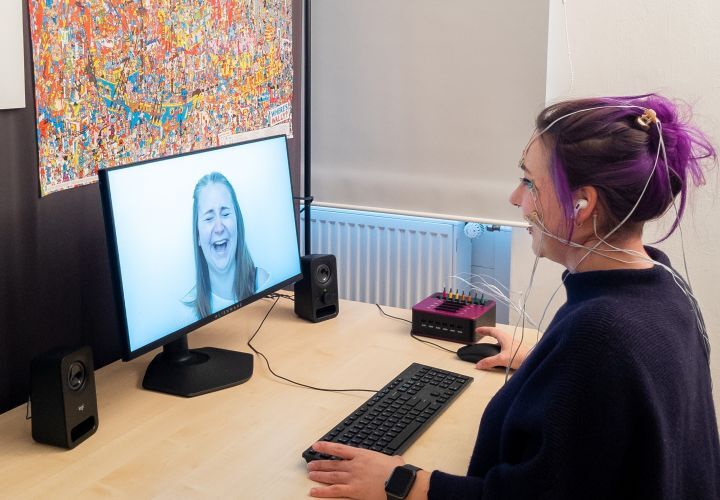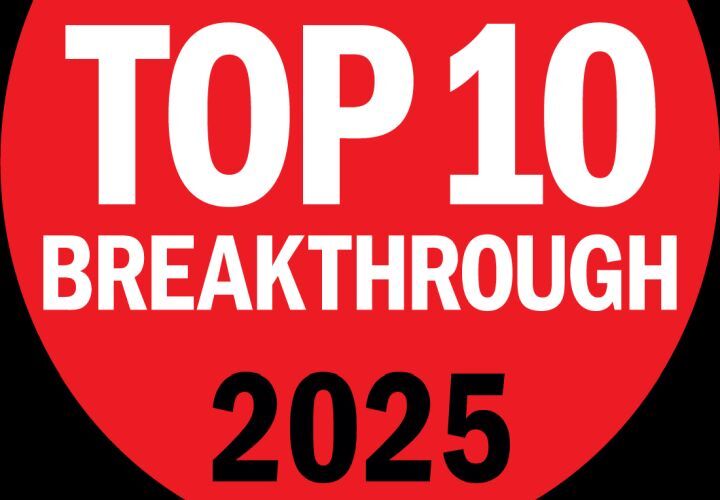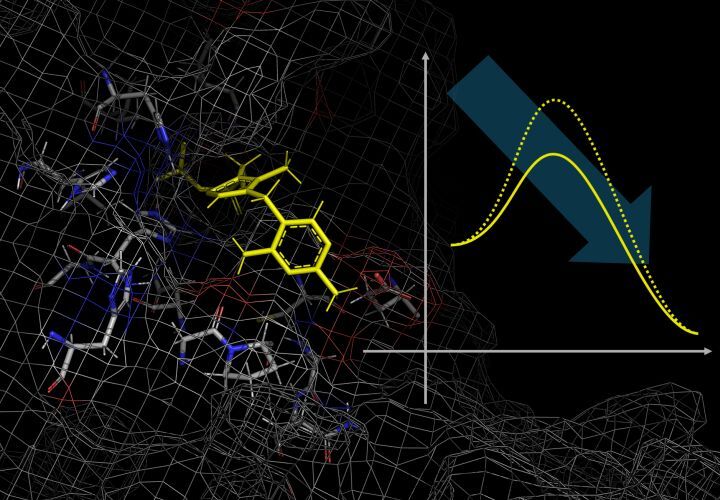The University of Göttingen is an internationally renowned research university. Founded in 1737 in the Age of Enlightenment, the University is committed to the values of social responsibility of science, democracy, tolerance and justice. It offers a comprehensive range of subjects across 13 faculties: in the natural sciences, humanities, social sciences and medicine. With about 28,000 students and more than 210 degree programmes, the University is one of the largest in Germany.
New press releases

Hybrid excitons: combining the best of both worlds
Faster, more efficient, and more versatile – these are the expectations for the technology that will produce our energy and handle information in the future. But how can these expectations be met? A major breakthrough in physics has now been made by researchers who combined two highly promising types of material – organic semiconductors and two-dimensional semiconductors.Their findings hold promise for developing new technology such as the next generation of solar cells.
more…
Wildfires reshape forest soils for decades
Wildfires may disappear from the landscape within weeks, but their hidden effects on the soil can persist for decades. An international research team led by the University of Göttingen, together with partners in Tübingen, Berlin and Chile, has shown that different ecosystems experience different outcomes in terms of soil recovery and resilience.
more…
Search for future President: Call for applications published
The call for applications for the future President of the University of Göttingen runs from 17 December 2025 to 1 March 2026. The text and further information on the application and selection process can be found online.
more…
Holding back laughter
In many everyday and professional situations, laughing at the wrong moment can be inappropriate or disruptive, making the ability to hold back amusement an important skill. Yet resisting laughter is often difficult – especially when someone else laughs. A research team investigated how laughter can be regulated and found that social cues can strongly interfere with these efforts.
more…
PhysicsWorld: Göttingen in top ten publications of the year
PhysicsWorld has included a publication by the University of Göttingen in its list of the ten most important breakthroughs of 2025. In January, an international research team led by the Institute for Astrophysics and Geophysics published research about the weather on the exoplanet “WASP-127b”. The discovery helps to better understand the atmospheres of planets outside our solar system.
more…
Controlling Chemical Reactions in Enzymes
The Volkswagen Foundation is funding a new research project in Chemistry involving the University of Göttingen, the Max Planck Institute for Multidisciplinary Sciences (MPI-NAT) in Göttingen, and the University of Hamburg. The project addresses a fundamental question of science: How do enzymes, nature's highly efficient catalysts, achieve almost perfect precision and efficiency?
more…




















